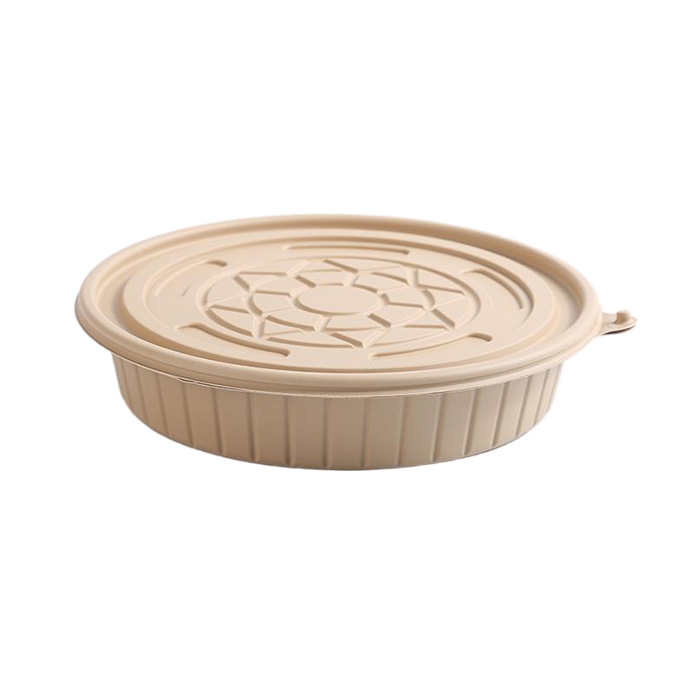In the dynamic world of small businesses, choosing the right accounting method is crucial for financial success. With numerous options available, it can be challenging to determine the best approach. This blog post aims to provide small business owners with a comprehensive guide to selecting the optimal accounting method. We will explore various factors to consider, compare different methods, and offer practical insights to help you make an informed decision.
- Understanding the Basics of Accounting Methods:
Before delving into the best accounting method for small businesses, it is essential to grasp the fundamental concepts. We will explore the differences between cash basis and accrual basis accounting, highlighting their advantages and limitations. Additionally, we will discuss the importance of choosing a method that aligns with your business's unique characteristics. - Evaluating Business Size and Complexity:
The size and complexity of your small business play a significant role in determining the most suitable accounting method. We will delve into the considerations for startups, sole proprietorships, partnerships, and small corporations. By understanding the specific needs of your business, you can narrow down the options and select an accounting method that fosters growth and efficiency. - Analyzing Industry-specific Requirements:
Different industries often have specific accounting requirements. We will explore how industries such as retail, manufacturing, service-based, and e-commerce businesses can benefit from specific accounting methods. By aligning your accounting practices with industry standards, you can streamline financial reporting and comply with regulatory obligations. - Weighing the Pros and Cons:
Every accounting method has its advantages and disadvantages. We will provide an in-depth analysis of the pros and cons associated with each method, including cash basis, accrual basis, hybrid methods, and industry-specific approaches. By understanding the trade-offs, you can make an informed decision that suits your business's unique needs and goals. - Considering Tax Implications:
Tax obligations significantly impact small businesses. We will discuss how different accounting methods affect tax reporting, deductions, and compliance. Understanding the tax implications of each method will enable you to optimize your tax strategy and minimize potential risks. - Embracing Technological Solutions:
In today's digital era, accounting software and cloud-based solutions offer unprecedented convenience and efficiency. We will explore how leveraging technology can enhance your accounting practices, automate processes, and provide real-time insights. By embracing technological solutions, you can streamline your accounting operations and focus on growing your business.
Conclusion:
Selecting the best accounting method for your small business is a critical decision that can significantly impact your financial stability and growth. By considering factors such as business size, industry requirements, tax implications, and embracing technology, you can make an informed choice. Remember, the optimal accounting method may evolve as your business grows, so periodic reassessment is essential. Stay proactive, seek professional advice when needed, and adapt your accounting practices to ensure long-term success.









+ There are no comments
Add yours